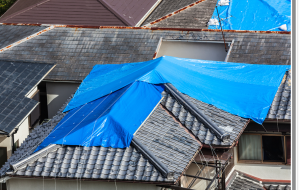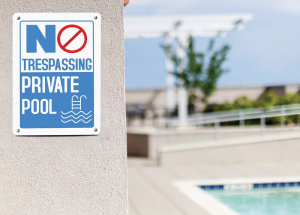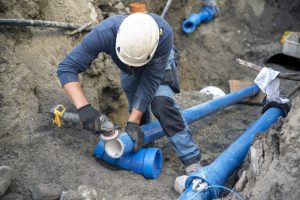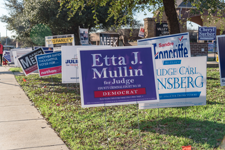
*New Case Law
The California Court of Appeals decision in Woolard v. Regent Real Estate Services Inc. (“Woolard”) provides important clarity on the responsibilities of homeowners’ associations (“HOAs”) and community managers in neighbor disputes. It also aligns with what we’ve written previously on the subject of neighbor-to-neighbor disputes: that neither HOAs nor community managers are legally obligated to intervene or de-escalate conflicts between residents. Here’s what your HOA board needs to know and how this recent decision in Woolard may help your community.
Case Overview:
The Woolard case stemmed from a violent, physical altercation between neighboring residents at a condominium complex. Two residents involved in the altercation filed a cross-complaint alleging negligence against the HOA and its community manager. The residents, who were tenants of a homeowner, alleged that the HOA and its managing agent were aware of a longstanding history of harassment and conflicts between the involved parties and thus had a duty to intervene, de-escalate, and prevent the violent dispute. The Court of Appeals upheld a trial court’s summary judgment in favor of the HOA and its community manager, ruling that they had no duty to intervene in neighbor conflicts and also articulating a sensible policy rationale for its decision:
“…there is simply no law to support Woolard and Hall’s contentions that [the Manager] and [the HOA] had some unspecified duty to do something to prevent what turned into an allegedly violent dispute. Imposing a duty on homeowners associations or their managing agents to intervene and attempt to resolve disputes between homeowners (or their tenants) would place an untenable burden on these entities.” (Woolard, at 793.)
Key Takeaways for Boards and Managers:
- No Obligation to Mediate Disputes: HOAs and community managers are not required to act as mediators or peacemakers in conflicts between residents.
- No Duty to Prevent Conflicts: Associations do not have police powers. They cannot compel residents to sit down and work out their differences, and they cannot adjudicate conflicts between residents that are outside the confines of the HOA’s governing documents.
- HOAs Are Not Law Enforcement: Boards and managers are not expected to act as security or law enforcement; such matters are for police or the courts.
- Focus on Core Duties: A HOA’s primary role is to enforce its governing documents, not to resolve interpersonal issues between community residents.
| If your HOA’s operations are burdened by isolated disputes between feuding residents, contact your HOA attorney for guidance. Often times, proactive measures (such as a formalized “Neighbor-to-Neighbor Dispute Resolution Policy”) can minimize legal risks, protect against discrimination claims, streamline operations, and maintain resident trust by setting clear expectations about your HOA’s role (or lack thereof) in neighbor disputes. |
 HOA Lawyer Blog
HOA Lawyer Blog



 *New Case Law
*New Case Law



 Recent legislative changes under
Recent legislative changes under 
